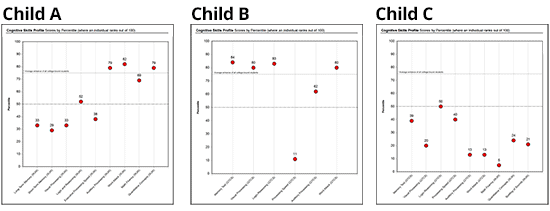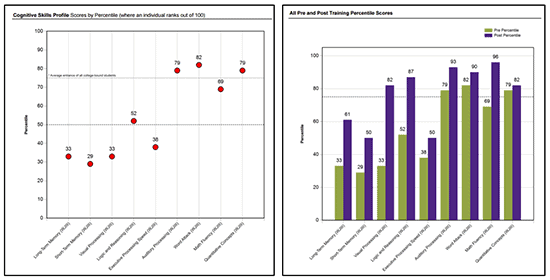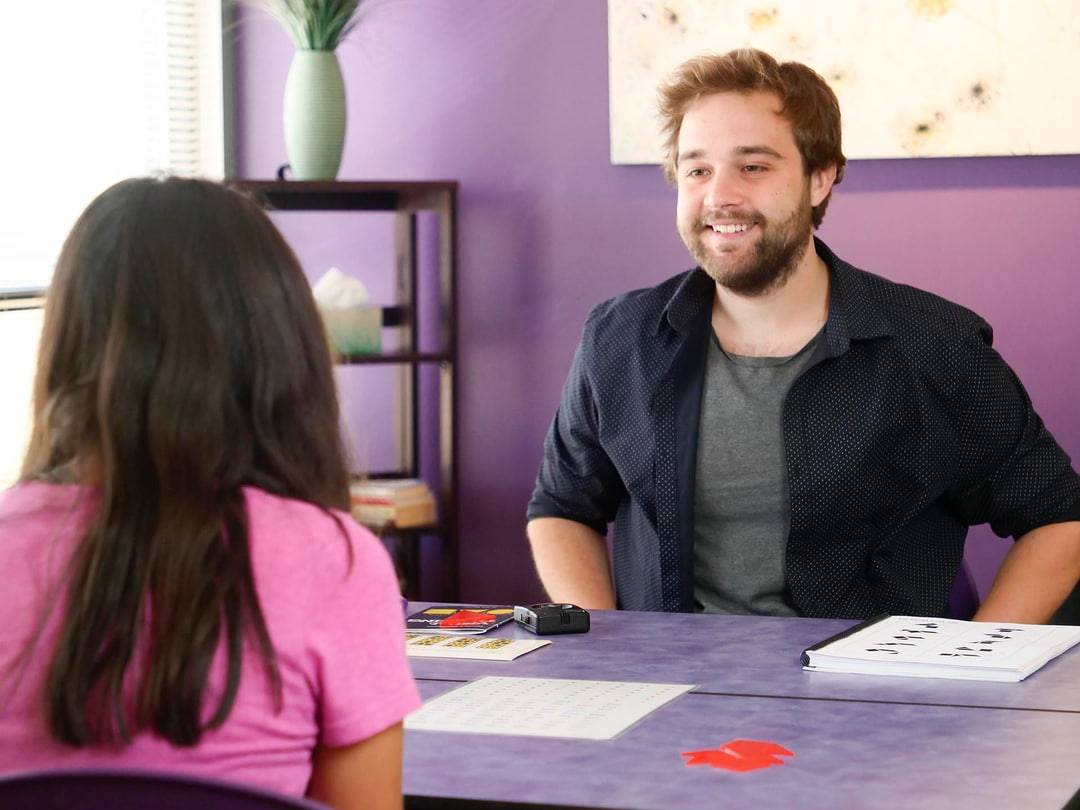The 4 Stages of Cognitive Development: A Guide from LearningRx Richmond Hill
What are children capable of learning at various stages in their development? How do children develop their intellectual skills to react and interact with their environment? How do these cognitive abilities develop, and in what order?
These were some of the questions that were answered by French psychologist Jean Piaget in 1952 when he published his groundbreaking theory on cognitive development in children.
Piaget began his research simply interested in how children react to their environments, but his observations countered the current thinking of the day (which said that children have no cognition until they are old enough to learn to speak), and have, in fact, become the most well-known and influential theory of cognitive development to date.
Here are the four stages of cognitive development as identified by Jean Piaget:
- Sensorimotor Stage: Birth through about 2 years. During this stage of cognitive development, children learn about the world through their senses and the manipulation of objects.
- Preoperational Stage: Ages 2 through 7. During this stage, children develop memory and imagination. They are also able to understand things symbolically and to understand the ideas of the past and future.
- Concrete Operational Stage: Ages 7 through 11. During this stage, children become more aware of external events, as well as feelings other than their own. They become less egocentric and begin to understand that not everyone shares their thoughts, beliefs, or feelings.
- Formal Operational Stage: Ages 11 and older. During this stage, children are able to use logic to solve problems, view the world around them, and plan for the future.
What We Know from the Information Processing Model
The Information Processing Model further expands our understanding of the development of cognition in children. Developed in the two decades following the publication of Piaget’s theory, this model explains how and when a child’s core cognitive skills are developed.
Cognitive skills include attention, short term memory, long term memory, logic & reasoning, and auditory processing, visual processing, and processing speed. They are the skills the brain uses to think, learn, read, remember, pay attention, and solve problems. If Piaget’s theory explains what a child is capable of doing at different stages in his or her development, The Information Model take a closer look at the specific cognitive skills at work behind the scene.
According to this model, attention, short-term memory, and long-term memory are developing between the ages of 2 and 5. Auditory processing, which is critical for good reading skills, is developing between the ages of 5 and 7. Logic & reasoning also becomes more established during after 5 years of age as a child becomes better able to make connections between ideas.
Cognitive Strengths and Weaknesses Vary by Child
Everyone has different cognitive strengths. For example, some people have exceptionally strong memory skills, while other people excel in logic & reasoning. The same can be said for cognitive weaknesses.
Take a look at how different these three cognitive profiles look:

These children, ages 7 through 13, came to LearningRx because they were struggling with attention, memory, or keeping up with schoolwork/homework. A comprehensive Cognitive Assessment pinpointed the weak skills at the root of their struggles.
Here, for example, is a look at Child A’s cognitive performance before and after brain training. The chart on the left shows how this child was performing before brain training. The chart on the right shows the improvement in each skill after brain training (the green bars show “before training” and the purple bars show how that same skill performed “after training”).

(Naturally, these are the scores of one child, and may or may not reflect the improvements that another child might achieve.) To get a clearer picture of what cognitive training can do, you can download average before-and-after scores of 21,974 children and adults and view our results.
If your child is struggling with learning, reading, attention, or memory, the next step is to find out why. A Cognitive Assessment takes about an hour and will give you a detailed look at how your child is performing cognitively, and will identify specific strengths and weaknesses.
Contact LearningRx Richmond Hill today and schedule a time for your child to take the assessment.








